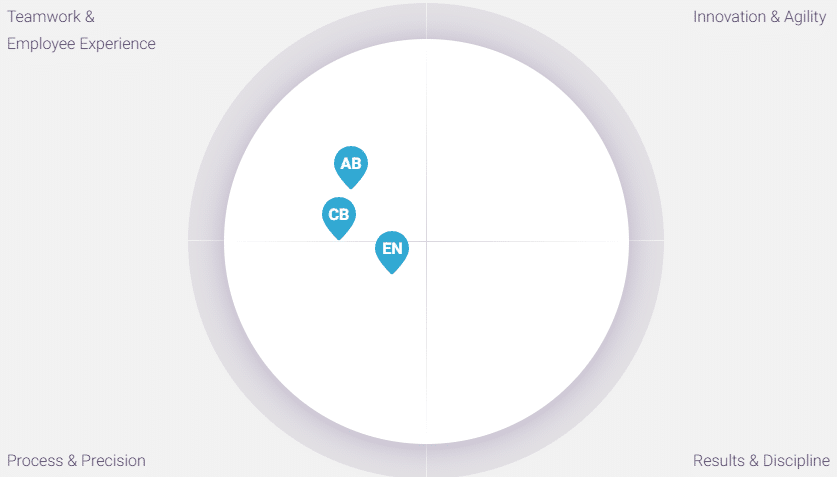Everything you need to know about an Individualist
How each Reference Profile works, collaborates, and leads
Everything you need to know about an Adapter
Everything you need to know about an Altruist
Everything you need to know about an Analyzer
Everything you need to know about an Artisan
Everything you need to know about a Captain
Everything you need to know about a Collaborator
Everything you need to know about a Controller
Everything you need to know about a Guardian
Everything you need to know about an Individualist
Everything you need to know about a Maverick
Everything you need to know about an Operator
Everything you need to know about a Persuader
Everything you need to know about a Promoter
Everything you need to know about a Scholar
Everything you need to know about a Specialist
Everything you need to know about a Strategist
Everything you need to know about a Venturer
Individualists in a team
Your Reference Profile tells you about not just who you are, but also the unique work styles that you contribute to a team. The PI Science team conducted research to link the four framework quadrants below to the four drives measured by the PI Behavioral Assessment™. Each individual on your team will be plotted according to a four-quadrant framework based on their behavioral pattern. Below shows each of the profile types and where they land.
Now that we know which Reference Profiles fall into which quadrants, we can start talking about Team Types. The PI Behavioral Assessment™ provides a deep look into an individual’s workplace behavior by understanding that person’s motivations and needs. However, most of the time, work happens via teams. So it’s important to understand the overall behavioral makeup of a team.
Team Types provide a simple approach to understanding behavioral data at a team level. PI has defined a number of Team Types based on the collection of personalities on a team and where they fall within the four quadrants we mentioned earlier.
Individualist’s Team Type
It depends!
Individualists will vary between the quadrant they fall into. For example all these individualists plotted in this image fall within multiple quadrants. This means that depending on how strongly they express certain behaviors, they’ll impact a team’s make up differently.

There are many team combinations that can occur so how do Individualists make an impact?
The activity below shows not only the different Team Types associated with other quadrants, but also some tips on how Individualists can leverage their unique strengths to help balance a team.
Keep in mind: We’ve only mentioned four Team Types throughout this course, but there are actually nine in total. You’ve already learned the different types of team work styles based on the four quadrants, plus some tips on how to “flex” for each. Based on what you know about Individualists, are there other ways you can stretch to accommodate the additional work styles? What team style do you think you’re a part of?
Next, we’ll cover how Individualists will act as leaders and share ways to maximize their effectiveness.